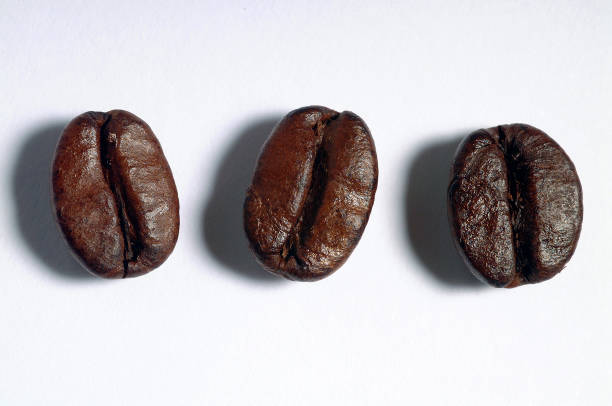
Scream For Your Coffee: How to make Arabic coffee at home
Last week, I was at Jabi Lake Mall when I saw a young man holding packs of cardamom. I was thrilled because I had collected some from a friend earlier to try making Arabic coffee. It was a success.
Now, I am going to write about him, imagining how he would talk about coffee if he were using his packs of cardamom.
Let me try.
Diving into different coffee styles is like taking a world tour in a cup. In many places, sipping on coffee is a social shindig, and Arabic coffee is no oddball in the bunch. To brew it, you just need a small pot, known as a “briki,” bubbling away on your stovetop. Once it’s good to go, it gets the VIP treatment in an ornate coffee pot called a “dallah.” The usual deal is strong and unsweetened, jazzed up with a hint of cardamom for that extra oomph.
I love that! 😅

Rather than relying on precise measurements in a well-defined recipe, the tradition of making Arabic coffee is often handed down within Arabic families, typically taught by the matriarch or patriarch. It typically involves using a “heaping spoonful” to gauge the coffee and the serving cup to measure the water. In the following steps, I will guide you through the process of preparing Arabic coffee at home after seeing four YouTube videos.
I have tried it and now I am out of cardamom. It’s amazing!
Ingredients & Equipment
2 tablespoons of finely ground Tigray coffee
1 tablespoon of ground cardamom
Desired amount or about 1/4 cup of water
Sugar (to taste)
A small pot or Turkish ibriki
Small coffee cup or demitasse
Tigray coffee and cardamom
Coffee and spice grinder
Steps to take in making Arabic coffee
1. Get the coffee pot or Ibriki ready.
The first step in preparing Arabic coffee is to set up the coffee pot. Pour water and sugar (if desired) into a pan or briki. Place over medium heat and allow to boil.
2. Add Tigray coffee and cardamom.
Once your water boils, carefully add the ground coffee and cardamom.
3. Return to a boil.
Stay close, as this happens quickly. When the mixture foams, briefly lift it off the heat, allowing the foam to subside.
4. Repeat. Repeat.
Return the Ibriki to the heat and allow the mixture to foam again. Then remove it, letting the foam settle. Do this at least twice to achieve the right foam composition.
5. Ready to serve and enjoy.
Your Arabic coffee is now ready to drink! Carefully pour it into small cups or a serving carafe. Use a strainer or filter paper if desired.
Finally, you have your Arabic coffee
When preparing Arabic coffee, the key lies in the method rather than the specific coffee beans used, though fresh beans are recommended. Any type of coffee beans can be used, as long as they are finely ground.
In the traditional preparation, Arabic coffee is served unstrained, allowing the fine grounds to settle at the bottom of the cup. To facilitate this settling, a small amount of cold water can be added. However, be cautious not to consume the very last sip, as it may contain coffee grounds. If you prefer a grounds-free experience, you can opt to strain your coffee using a fine aieve or our Chemex

- Ramadan is Here: Coffee During the Holy Month - March 11, 2024
- Enjoying the Season: Coffee, Connection, and Universal Love! - January 18, 2024
- Here Are 5 Things To Do To Get Rid of Bad Coffee Fast! - December 12, 2023



No Comments